At the ORS annual conference in Feb 2022, M.Sc student Chien Ting Tina CHENG, co-supervised by Prof. Elmer KER and Prof. Huangting WANG, showcased her recent findings on Application of deep neural networks on in vitro-generated Raman spectra for ex vivo label-free detection of myogenesis, detailed as follows. Raman spectroscopy is a minimally invasive, nondestructive, and label-free method that is rapidly gaining popularity for analyzing biological and clinical samples but spectra generated from biological samples are complex and difficult to analyze. While machine learning and data science methods can aid such analysis, the development of reliable predictive models typically require large sample numbers, which may be challenging to obtain for clinical samples due to various reasons such as patient privacy. This highlights a need to develop a novel approach that can build a reliable predictive model despite clinical patient scarcity. Tina’s research addresses this issue by developing in vitro cell culture-based models to augment the dataset and applying artificial neural networks to address this issue. Her study demonstrates proof-of-concept by showing that Raman spectra generated in vitro can be used to build a reliable predictive model that can classify faux patient samples with over 85% accuracy. This work shows promise in application of Raman spectroscopy for clinical diagnosis.

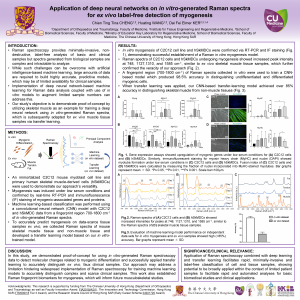

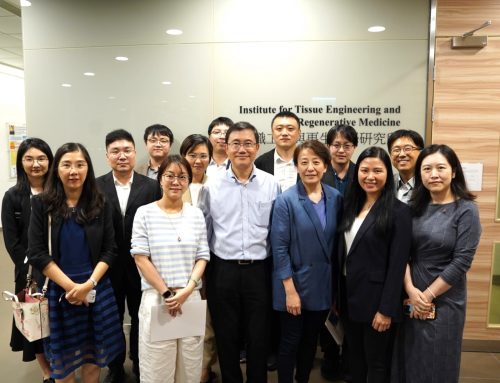
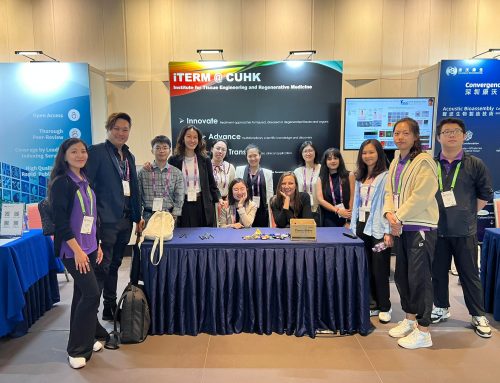
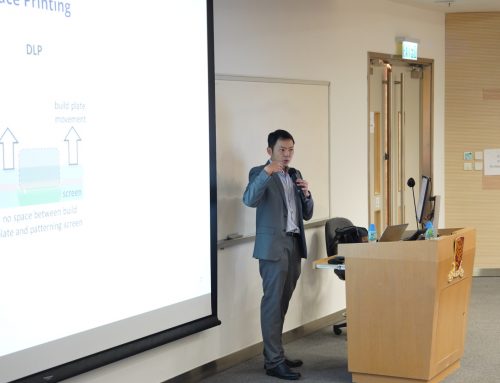
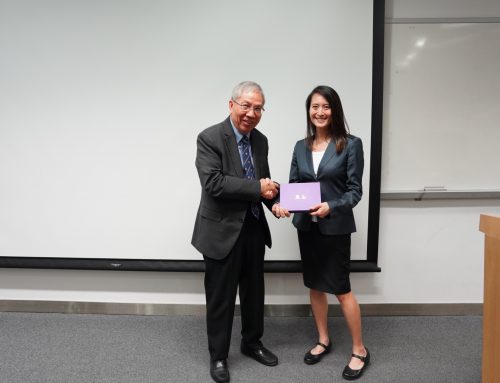
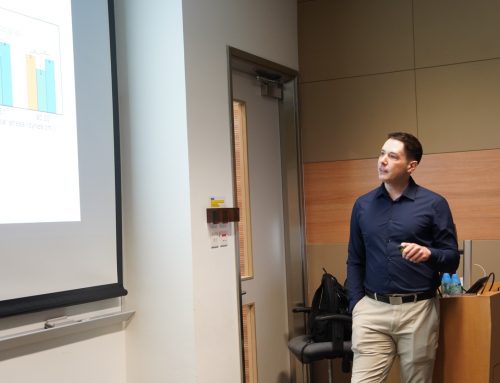
Leave A Comment